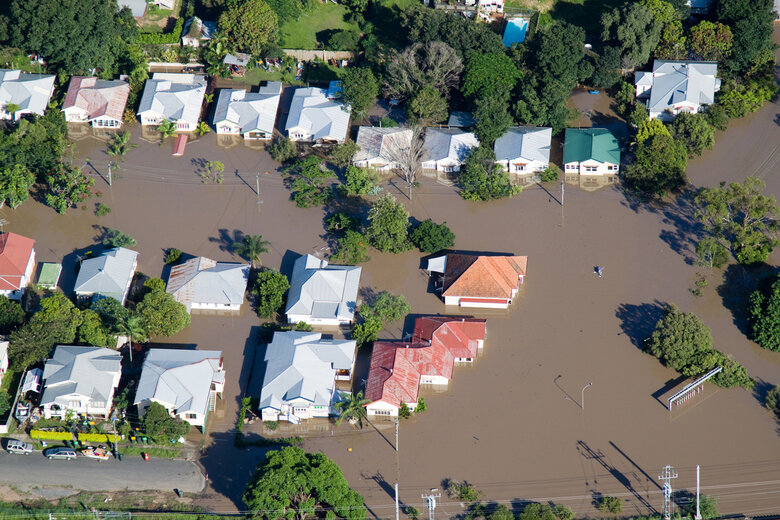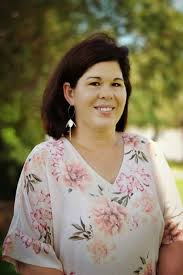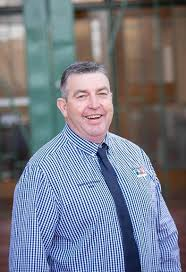
Queensland councils say residents are facing flood insurance increases of up to $10,000 a year despite local governments investing in flood levee banks to mitigate the risk.

Last year’s Local Government Association of Queensland, (LGAQ) annual conference backed calls for affordable, available flood cover for Queenslanders.
Yet there’s been a dramatic rise in the cost of flood insurance premiums following recent events, LGAQ chief executive officer Alison Smith says.
“Councils have invested significantly in flood mitigation projects since 2012, yet the flood insurance costs hinders the effectiveness of these mitigation efforts and poses financial challenges for homeowners and councils alike,” she said.
“The LGAQ calls on the State and Federal governments to urgently implement measures to alleviate the financial burdens imposed by unaffordable flood insurance premiums.”
Mayors demand answers
Queensland mayors are demanding answers from insurance companies after getting complaints from residents about skyrocketing insurance bills, including cases where premiums have gone up from $3,500 to $13,500 a year.

Balonne Shire Mayor Samantha O’Toole said residents in her shire have been hit with 100 per cent price rises year on year.
Cr O’Toole says towns in the shire are protected by levees, but insurers are still hiking premiums even though none have been flooded.
“Councils and government are spending a lot of money maintaining these levees, but the insurance premiums aren’t recognising that,” Cr O’Toole said.
She also said unaffordable premiums could impact the housing market.
“We have a housing shortage and these premiums could make it worse, as to get a mortgage you need insurance cover,” she said.
“If fewer people can afford insurance then we are going to have fewer homes available, which will just exacerbate the housing shortage.”
Murweh Shire Mayor Shaun Radnedge said many residents are considering the ‘scary’ prospect of dropping insurance altogether.

Cr Radnedge said when he asked insurance companies how they were calculating premiums he was told they didn’t even know the levee banks were there.
“We are really asking the question of the insurance companies in Australia why our insurance premiums, especially in the Murweh Shire, have risen sometimes up to 500 per cent,” he said.
“Council and government have put a lot of money into maintaining that mitigation and we’re asking where does the mapping come from that insurance companies are using to make the assessments on these insurance policies.
“So my question, and South West Queensland Regional Organisation of Councils’ question, is where are these insurance companies getting their information from as far as flood mapping goes?
“There’s a huge deficiency all across Australia and we need the insurance companies to be more accountable.”
Insurance industry ‘advocating for solutions’
The Insurance Council of Australia said it noted the concerns raised by Queensland councils and was making inquiries with its members on the issue.
“The ICA is advocating for solutions including enhanced flood mapping to improve insurance outcomes for communities at risk of flood,” a spokesperson told Government News.
“The ICA and its members are collaborating with the Australian Climate Service to determine how insurer and government data can be combined to strengthen our understanding of flood risk and the value of resilience infrastructure to reduce this risk.“
The council said premiums are rising because of the escalating costs of natural disasters, the growing value of assets and inflation driving up building and vehicle repair costs, as well as the increasing cost of capital for insurers.
Comment below to have your say on this story.
If you have a news story or tip-off, get in touch at editorial@governmentnews.com.au.
Sign up to the Government News newsletter